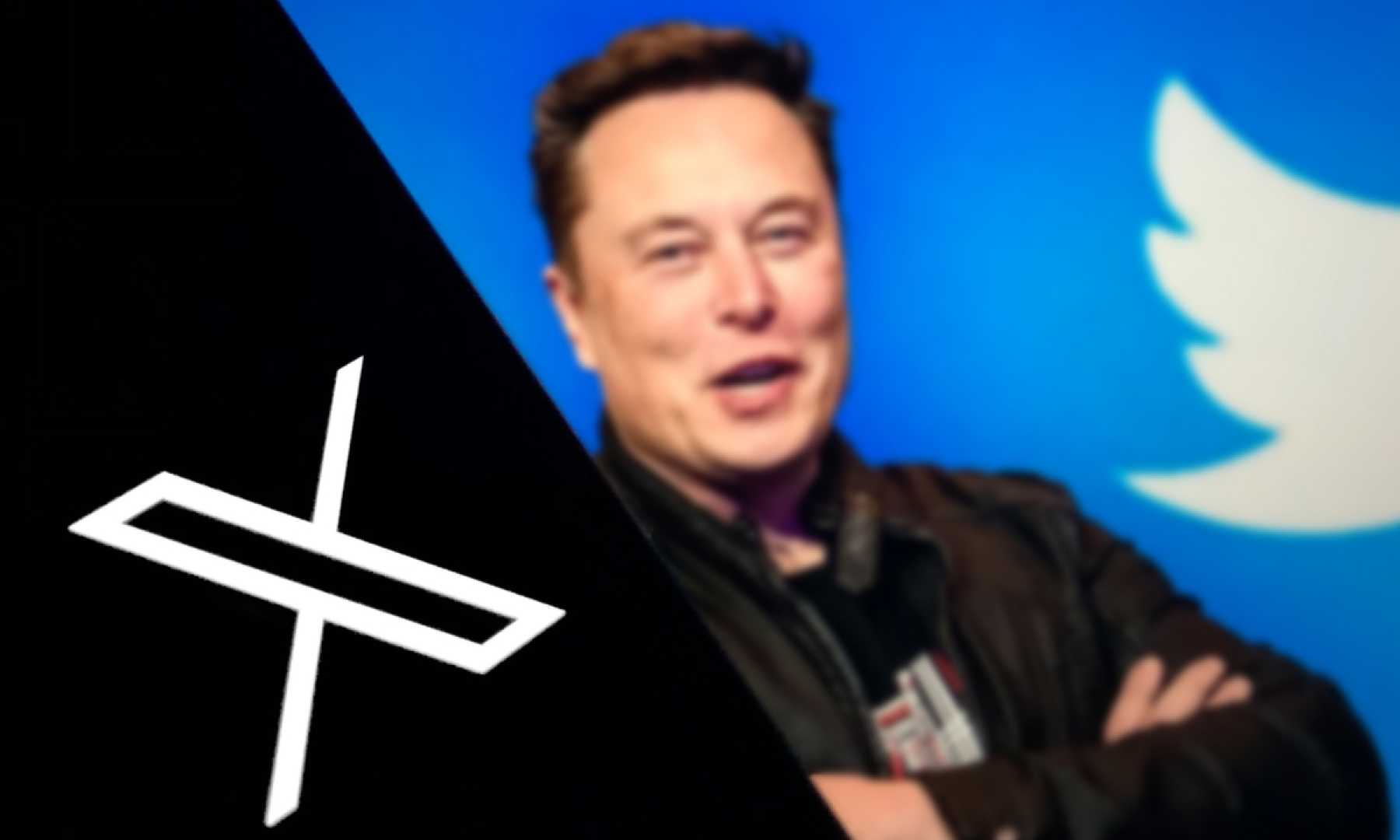News
Elon Musk’s X Passed Over as EU Gatekeeper Under Digital Markets Act

BRUSSELS, Oct 10 (Reuters) – Elon Musk’s social media platform, X, formerly known as Twitter, will not be designated as a “gatekeeper” under the European Union’s Digital Markets Act, according to sources with direct knowledge of the matter. This decision exempts X from a stringent set of obligations that aim to regulate the dominance of tech giants, as confirmed by anonymous sources on Thursday.
The European Commission initiated an investigation into X in May to determine whether it should be classified as a gatekeeper platform. However, after months of review, the Commission has reportedly decided that X does not meet the necessary criteria for such designation. The official announcement is expected next week.
X’s exemption from the gatekeeper status means it will not be subject to rules that require messaging app interoperability with rival services or obligations to let users freely choose which apps to pre-install on their devices. These rules also prevent gatekeepers from favoring their own services over competitors, aiming to foster fair competition.
As explained by the Digital Markets Act, platforms designated as gatekeepers, including Alphabet‘s Google, Amazon, Apple, Meta, Microsoft, ByteDance (TikTok‘s owner), and Booking.com, must adhere to rules such as providing third-party access to generated user data and sharing advertising performance metrics.
X had initially conceded that it met the user number criterion but argued it failed to meet the “important gateway” criteria linking businesses to consumers, prompting the Commission’s in-depth probe in May. Sources suggest that declining user numbers and struggles in ad revenue have diminished X’s influence in the market, differentiating it from other tech stalwarts.
The decision to exclude X from gatekeeper obligations may come as a relief to its CEO, Elon Musk, who has been vocal about his opposition to extensive regulatory measures, which he argues could stifle the platform’s growth. While some view this exclusion favorably, critics suggest it reflects X’s waning significance in the European and global digital markets.












